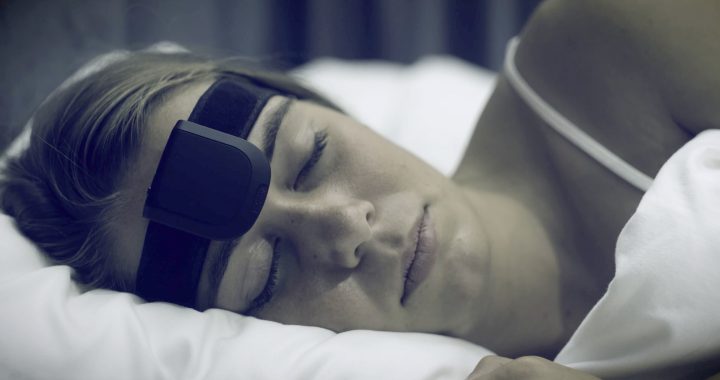
Here’s how you can achieve lucid dreaming
What would you do if you were in control of your own dreams? With the

What would you do if you were in control of your own dreams? With the

Creating a small hole in the brain without open surgery as part of a common treatment for tremor: focused ultrasound therapy.

Mental health researchers have made a lot of progress over the years in furthering our knowledge of psychological disorders, and thankfully awareness of mental health issues is slowly increasing. However, did you know that there’s a high prevalence of mental health issues among researchers themselves?
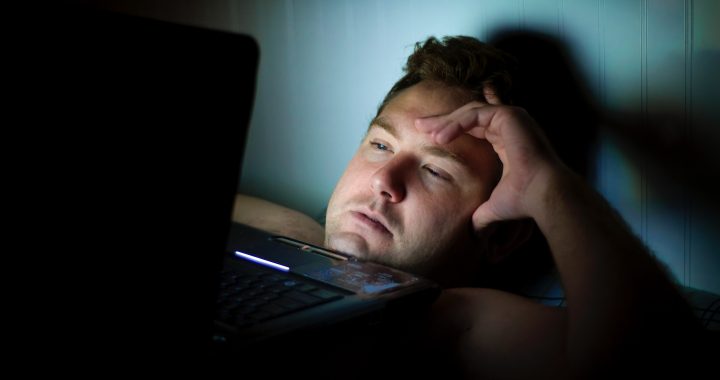
Have you always thought you are not a morning person? Good news: your sleep-wake cycle is not set in stone.

A holiday in a foreign country is lovely. Unfortunately, travelling to another time zone is
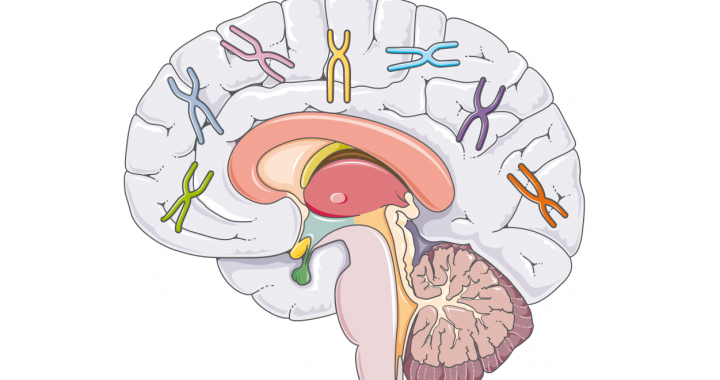
By identifying genes that play a role in brain disorders, scientists try to get new insight into the causes of brain disorders, but are they succeeding?

Some women are more forgetful during pregnancy, while others feel the same as before. Scientific evidence shows that some forms of memory function can be impaired during pregnancy, but this is not the case for all cognitive processes. If pregnancy forgetfulness is in fact a thing, we should be careful with how we, as a society, interpret this.
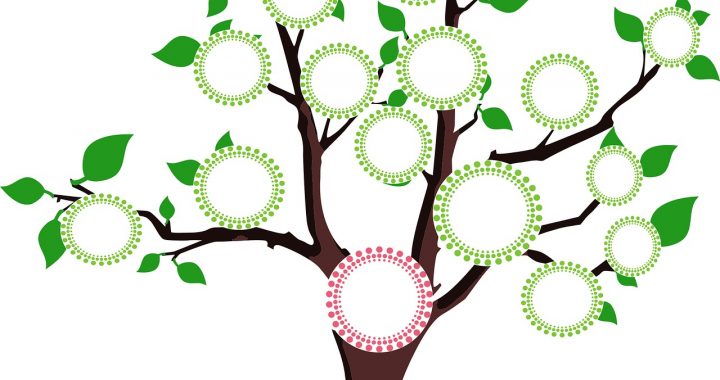
Many psychiatric and some neurological disorders run in the family. But if the cause is

Characterized as the feeling of not feeling, apathy is more than just boredom and laziness. What does it look like?
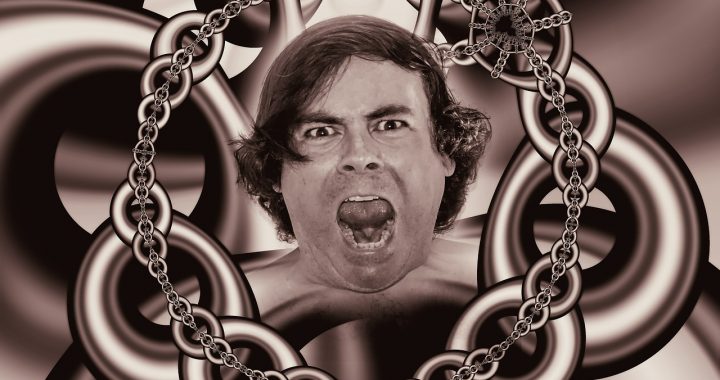
People suffering from psychotic-like experiences tend to believe in surreal things. But do you believe